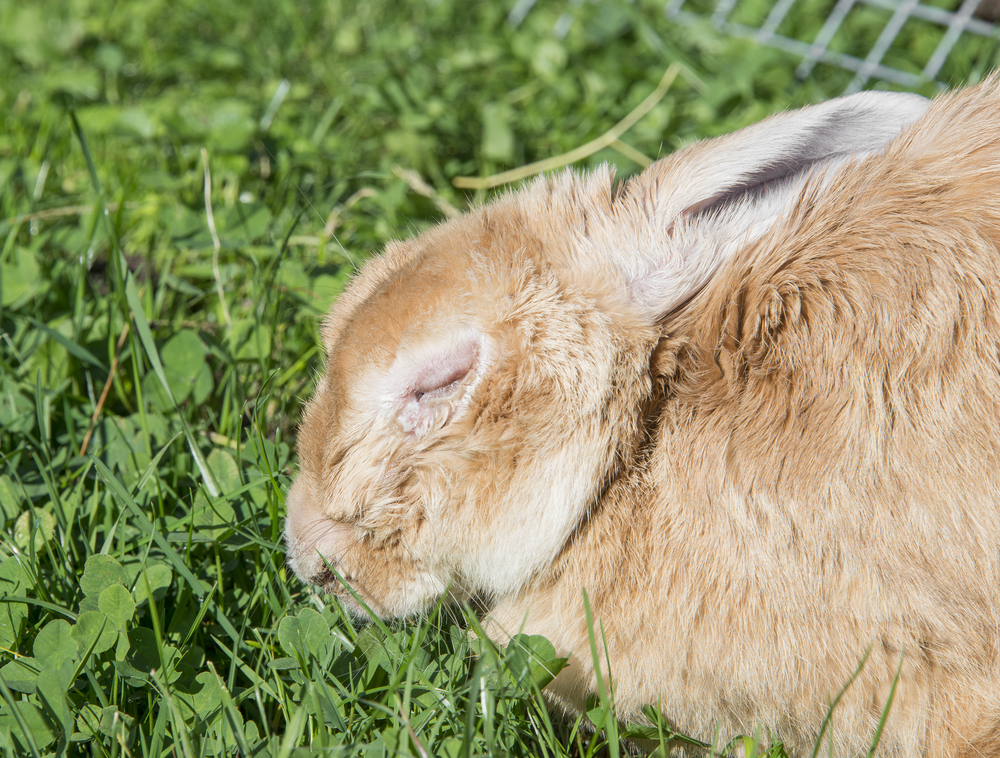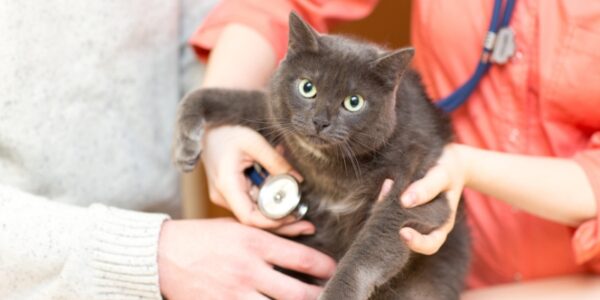
All About Myxomatosis
Warm weather and heavy rains this summer have seen a spike in Myxomatosis cases around Melbourne. But just what is Myxomatosis? In today’s blog, we are giving you a run-down on Myxomatosis and just how deadly it can be for your pet rabbit.
What is it?
Myxomatosis is a virus contracted by rabbits from insects that bite (such as mosquitoes, lice and fleas). It is a virus that – once contracted – is almost always fatal. The mortality rates for pet rabbits with Myxomatosis are between 96-100%.
Symptoms of Myxomatosis
Symptoms of the virus are generally easy to spot. These include:
- Moist and swollen eyes, nose, mouth and genital area
- Milky discharge from the eyes
- Swollen, droopy or crusty ears
- Loss of appetite
- Lethargy/disinterest in the world around them
- Difficulty breathing
In some cases, rabbits can die within just 48 hours after exhibiting these symptoms. For this reason, it is vital that you contact a vet as soon as you notice anything out of the ordinary.
What happens if my rabbit has the virus?
The first thing you should do is to contact your veterinary clinic so that you can receive further medical advice. Unfortunately, treatment for Myxomatosis is not often successful and your rabbit may need to be humanely euthanised if it has already contracted the virus.
You should also isolate your pet rabbit immediately to prevent the virus from spreading. Take extreme care not to cross-contaminate food bowls, toys or any other items that your rabbits might share. Speak to one of our veterinary teams about the best disinfectants to use for cleaning of enclosures and items your rabbit has had contact with.
How to prevent Myxomatosis
In some cases, rabbits may die before showing any symptoms. Therefore, prevention is definitely the way to go – especially because there is no guaranteed cure for Myxomatosis. Unfortunately, we are unable to vaccinate against Myxomatosis in Australia so the only prevention is to stop your pet from being bitten by insect vectors.
These are some things you can do to try and prevent your rabbit from contracting the virus:
- Cover the hutch with insect-proof netting, even if it’s indoors
- Be wary of the time of day that you have your rabbits outside – avoid dusk, night time or early mornings (as these are when mosquito numbers are high)
- Use a monthly treatment of Revolution for flea prevention and treat all other pets in the household with a regular preventative as well
- Avoid having bodies of unmoving water in your yard such as ponds and bird baths; these are perfect breeding grounds for mosquitoes and will attract them
- Insect traps or zappers can also be used to help reduce the number of mosquitos near your rabbit, however, you may accidentally reduce the number of useful insects in your garden when using these
The virus can survive in your home environment for quite some time, so you should avoid bringing a new rabbit home for four months after a case of Myxomatosis. You should also thoroughly disinfect the rabbit hutch and items inside the hutch. Finally, speak to your vet to see what kinds of flea prevention medications and dosages your rabbit might need.
Vets in Cranbourne can help to advise you if your pet is susceptible to (or displaying symptoms of) Myxomatosis. Please give us a call as soon as possible on (03) 5995 3444 if you have any concerns relating to the virus.



